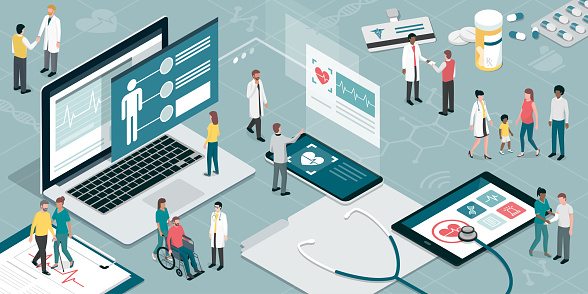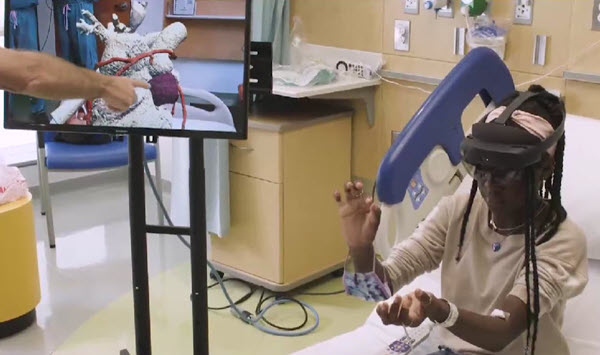
The 3 Best Options to Buy Telemedicine Carts for Neurology Care
Neurologists and health care practitioners must evolve with the world. Telemedicine carts assist in this evolution by serving as an intermediary between patients and doctors.

Many new tech solutions, such as wearables and algorithms, have emerged in recent years to address the country’s heart disease problem. While it’s easy to get excited about technology’s potential to improve cardiac care, there are a few things that healthcare leaders must keep in mind, according to Dr. Sumeet Chugh, director of the Heart Institute and director of AI in medicine at Cedars-Sinai.

Knowing that many tech solutions end up being not as effective as health systems would have hoped, two health system executives gave examples of tools they believe have made a significant impact on staffing issues at their organizations. One is a wearable patch that continuously monitors inpatients’ vital signs, and one is a platform that allows providers to fill open shifts with local nurses.

A new Accenture report laid out considerations that hospitals should keep in mind as they adopt new technology aimed at improving nurse retention. Some of the report’s key recommendations for providers were to build a strong, cloud-based technology infrastructure and to involve nurses early on in the process of adopting a new digital tool.

MedCity News connected with Integra Connect's COO, Cory Wiegert at ViVE 2023 to discuss how their new platform will go beyond the "one size fits all" approach to data curation.

Hospitals’ operational margins have shrunk dramatically this year. Now more than ever, hospitals need to ensure they’re getting the most out of their investments in technology. Clear governance structures, effective communication and detailed training are among the factors hospitals need in order to get a significant return on investment for technology deployments, according to a new report.

Learn how planning for the strategic use of a low-code platform helps provide long-term benefits and helps to avoid issues resulting from suboptimal use of the products.

While some areas in the mental health tech space have been effective, some areas need improvement, experts said at MedCity's Invest Digital Health conference. Providing digital mental health care can be difficult do in a cost-effective way, and many clinicians are wary of adopting technology in their practices.

Leaders in healthcare draw attention to the myriad ways cloud computing technology is transforming healthcare.

A pediatric health system enlisting mixed reality and 3D printing technology illustrates how clinical collaboration and patient education can improve patient outcomes for complex procedures.

Leaders in healthcare draw attention to the myriad ways cloud computing technology is transforming healthcare.

Though the Covid-19 pandemic accelerated some aspects of health IT, it slowed others, including EHR replacements and back-office system upgrades. CIOs from some of the nation's leading health systems shared not only the projects they put on hold, but also how they made those decisions and the challenges they faced when trying to reignite their efforts.